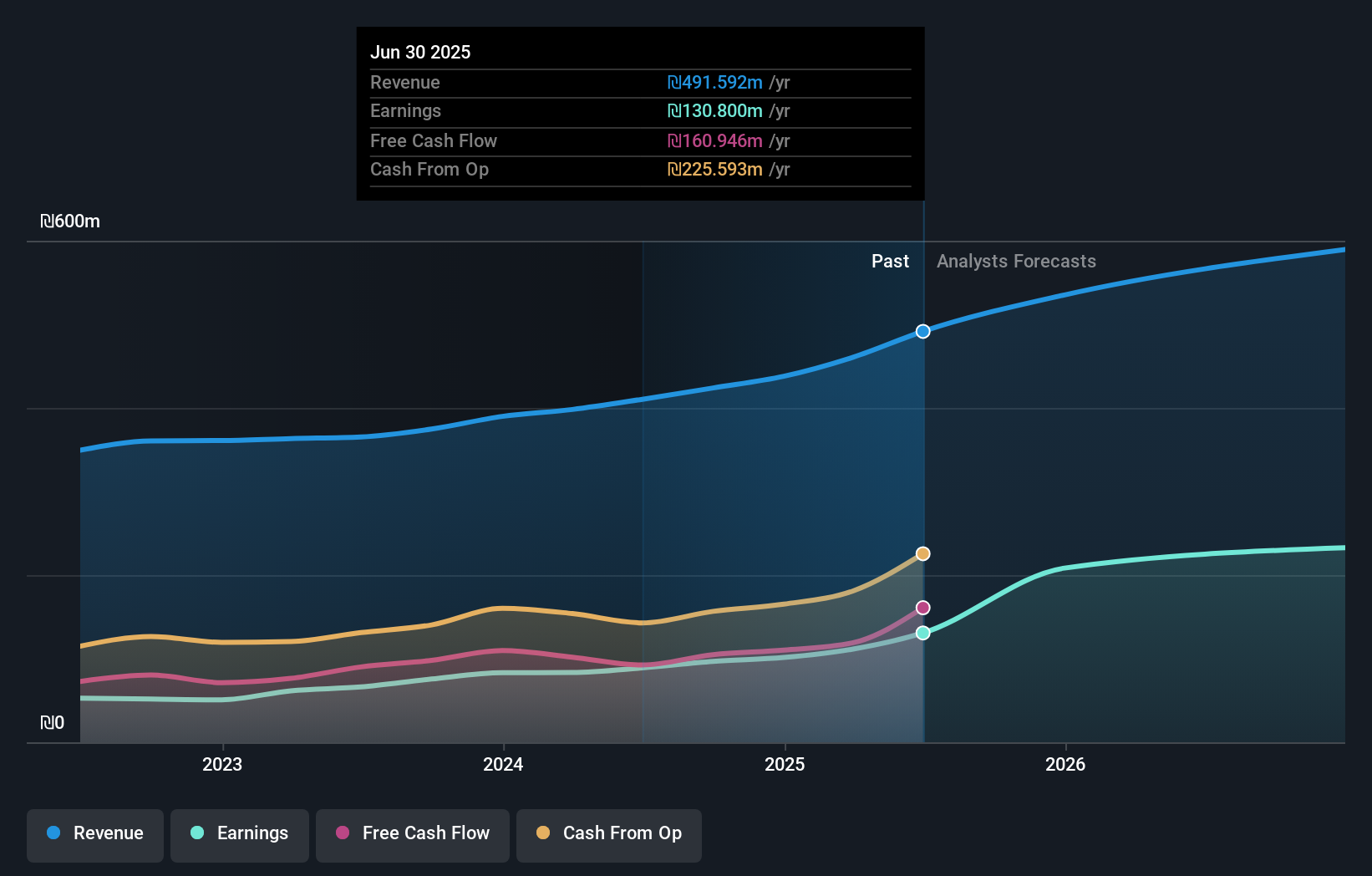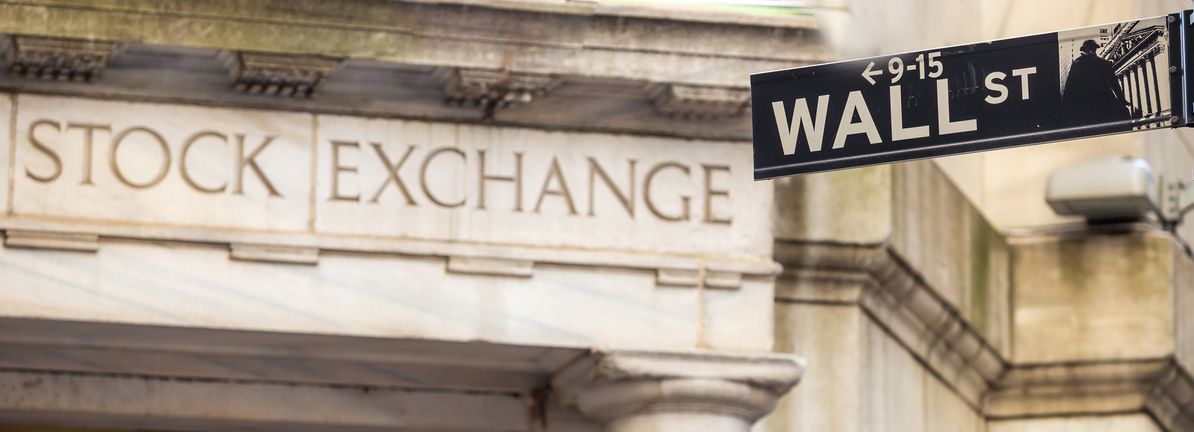Key Insights Significant control over Tel-Aviv Stock Exchange by retail investors implies that the general public has more power to influence management and governance-related decisions 46% of the business is held by the top 25 shareholders Institutional ownership in Tel-Aviv Stock Exchange is 39%
Every investor in The Tel-Aviv Stock Exchange Ltd. (TLV:TASE) should be aware of the most powerful shareholder groups. With 50% stake, retail investors possess the maximum shares in the company. That is, the group stands to benefit the most if the stock rises (or lose the most if there is a downturn).
While retail investors were the group that benefitted the most from last week’s ₪213m market cap gain, institutions too had a 39% share in those profits.
Let’s delve deeper into each type of owner of Tel-Aviv Stock Exchange, beginning with the chart below.
Check out our latest analysis for Tel-Aviv Stock Exchange
 TASE:TASE Ownership Breakdown September 9th 2025 What Does The Institutional Ownership Tell Us About Tel-Aviv Stock Exchange?
TASE:TASE Ownership Breakdown September 9th 2025 What Does The Institutional Ownership Tell Us About Tel-Aviv Stock Exchange?
Institutional investors commonly compare their own returns to the returns of a commonly followed index. So they generally do consider buying larger companies that are included in the relevant benchmark index.
As you can see, institutional investors have a fair amount of stake in Tel-Aviv Stock Exchange. This can indicate that the company has a certain degree of credibility in the investment community. However, it is best to be wary of relying on the supposed validation that comes with institutional investors. They too, get it wrong sometimes. When multiple institutions own a stock, there’s always a risk that they are in a ‘crowded trade’. When such a trade goes wrong, multiple parties may compete to sell stock fast. This risk is higher in a company without a history of growth. You can see Tel-Aviv Stock Exchange’s historic earnings and revenue below, but keep in mind there’s always more to the story.
 TASE:TASE Earnings and Revenue Growth September 9th 2025
TASE:TASE Earnings and Revenue Growth September 9th 2025
We note that hedge funds don’t have a meaningful investment in Tel-Aviv Stock Exchange. Manikay Global Opportunities Holdings 1, Llc is currently the largest shareholder, with 5.9% of shares outstanding. In comparison, the second and third largest shareholders hold about 4.8% and 4.3% of the stock.
On studying our ownership data, we found that 25 of the top shareholders collectively own less than 50% of the share register, implying that no single individual has a majority interest.
While studying institutional ownership for a company can add value to your research, it is also a good practice to research analyst recommendations to get a deeper understand of a stock’s expected performance. There is some analyst coverage of the stock, but it could still become more well known, with time.
Insider Ownership Of Tel-Aviv Stock Exchange
While the precise definition of an insider can be subjective, almost everyone considers board members to be insiders. The company management answer to the board and the latter should represent the interests of shareholders. Notably, sometimes top-level managers are on the board themselves.
I generally consider insider ownership to be a good thing. However, on some occasions it makes it more difficult for other shareholders to hold the board accountable for decisions.
We can see that insiders own shares in The Tel-Aviv Stock Exchange Ltd.. The insiders have a meaningful stake worth ₪367m. Most would see this as a real positive. It is good to see this level of investment by insiders. You can check here to see if those insiders have been buying recently.
General Public Ownership
The general public, mostly comprising of individual investors, collectively holds 50% of Tel-Aviv Stock Exchange shares. With this amount of ownership, retail investors can collectively play a role in decisions that affect shareholder returns, such as dividend policies and the appointment of directors. They can also exercise the power to vote on acquisitions or mergers that may not improve profitability.
Private Company Ownership
We can see that Private Companies own 5.9%, of the shares on issue. It might be worth looking deeper into this. If related parties, such as insiders, have an interest in one of these private companies, that should be disclosed in the annual report. Private companies may also have a strategic interest in the company.
Next Steps:
It’s always worth thinking about the different groups who own shares in a company. But to understand Tel-Aviv Stock Exchange better, we need to consider many other factors.
I always like to check for a history of revenue growth. You can too, by accessing this free chart of historic revenue and earnings in this detailed graph.
If you would prefer discover what analysts are predicting in terms of future growth, do not miss this free report on analyst forecasts.
NB: Figures in this article are calculated using data from the last twelve months, which refer to the 12-month period ending on the last date of the month the financial statement is dated. This may not be consistent with full year annual report figures.
Valuation is complex, but we’re here to simplify it.
Discover if Tel-Aviv Stock Exchange might be undervalued or overvalued with our detailed analysis, featuring fair value estimates, potential risks, dividends, insider trades, and its financial condition.
Have feedback on this article? Concerned about the content? Get in touch with us directly. Alternatively, email editorial-team (at) simplywallst.com.
This article by Simply Wall St is general in nature. We provide commentary based on historical data and analyst forecasts only using an unbiased methodology and our articles are not intended to be financial advice. It does not constitute a recommendation to buy or sell any stock, and does not take account of your objectives, or your financial situation. We aim to bring you long-term focused analysis driven by fundamental data. Note that our analysis may not factor in the latest price-sensitive company announcements or qualitative material. Simply Wall St has no position in any stocks mentioned.
